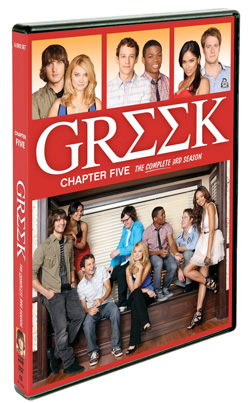 It is now widely accepted that the way we watch television is a variable – if you’re reading this, chances are that I don’t have to regale you with the myriad ways we can now watch the programming we’ve historically viewed live in primetime, and so I can keep my big “DVRs, Streaming, and Bears, Oh My!” song and dance in my pocket for the time being.
It is now widely accepted that the way we watch television is a variable – if you’re reading this, chances are that I don’t have to regale you with the myriad ways we can now watch the programming we’ve historically viewed live in primetime, and so I can keep my big “DVRs, Streaming, and Bears, Oh My!” song and dance in my pocket for the time being.
However, I would argue that Game of Thrones represents a specifically complicated television text in this regard. Like all shows, there are questions of how it played on a week-to-week basis compared to how it would play as a marathon, questions that partly inspired the tremendous discourse around television narrative spurred on by Ryan McGee’s essay at The A.V. Club. However, in addition, the variables of consumption around the show are equally divided by the nature of its source material, with perhaps the clearest binary between “reader” and “non-reader” in television history. The result, I would argue, is a complex, diverse audience base who watches the show from different perspectives which make it difficult to generalize regarding what attracts them to a DVD or Blu-ray box set.
However, with Game of Thrones‘ Complete First Season (which I reviewed on Blu-ray), I really think HBO has succeeded in creating a set that has more than a little something for everyone, worth the price of admission for both readers and non-readers alike (along with those who are watching for the first time, for whom this set is a tremendous introduction). The production values are exceptional, the features are fairly plentiful, and the set fits comfortably into the quality aesthetics that both the show itself and the earlier paratexts achieved last year.
And yet, while I can easily recommend this set based on its own merits, there’s still some part of me who was left wanting, if not something more, than perhaps something different.


 Listening to the audio commentary on Greek‘s third season finale, I was struck by the mention of a “Save Greek” campaign – not because it brought back nostalgic memories of a barrage of red cups flooding ABC Family’s offices, but rather because I didn’t know such a thing existed.
Listening to the audio commentary on Greek‘s third season finale, I was struck by the mention of a “Save Greek” campaign – not because it brought back nostalgic memories of a barrage of red cups flooding ABC Family’s offices, but rather because I didn’t know such a thing existed.








